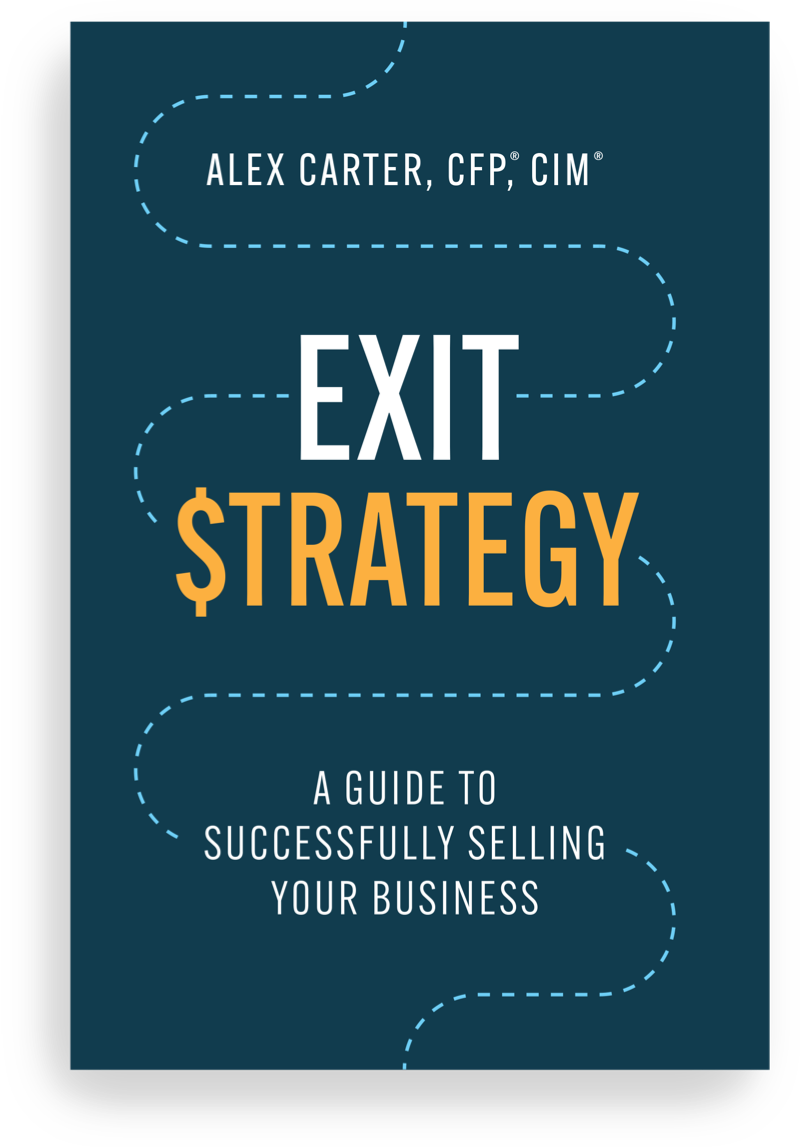You’ve heard of RRSPs, TFSAs, and RESPs. Now, there’s a new acronym on the block: FHSAs. FHSA stands for First Home Savings Account, and it’s been created by the federal government to help Canadians put money aside so they can get into the housing market.
Here’s what you need to know.
Eligibility and Contribution Limits
You’re eligible to open a FHSA if you:
- Are a Canadian resident over the age of 18
- Won’t be turning 72 in the year you open the account
- Qualify as a first-time home buyer
To qualify as a first-time home buyer, you and your spouse/common-law partner must not have owned and lived in a principal residence in the last 5 years.
If you do qualify, you can open an FHSA and contribute a total of $40,000 over the course of 15 years. The rules limit you to contributing a maximum of $8,000 in any given calendar year. Contributions are tax-deductible.
Qualified Investments
As with other registered accounts, First Home Savings Account Holders can invest in a wide range of potential investments, such as equities, bonds, ETFs, and GICs. If it qualifies for an RRSP or TFSA, it qualifies for a FHSA. Likewise, some investments, such as shares in private corporations, don’t qualify. Crucially, you don’t pay tax on either capital gains or interest/dividend income from FHSA investments.
When You Have to Close the FHSA
You must close your FHSA 15 years after you open it or when you turn 72—whichever comes first. Any funds you haven’t used (to buy a home) can be transferred tax-free to an RRSP or a RRIF.
Why the FHSA is Great—for Both Prospective Buyers and Lifetime Renters
For prospective homebuyers, the FHSA combines the best parts of both an RRSP and a TFSA—and for this reason, it should take priority if you can open one up. First, just like an RRSP, contributions are tax-deductible, so you can reduce what you pay the CRA. And like the TFSA, withdrawals from an FHSA are tax-free (so long as they’re used to purchase or build a home in Canada).
But the FHSA is great for renters, too. Renters can open up an account, benefit from both the tax deductibility of contributions and tax-free savings element, and then transfer money into their RRSP after 15 years. Effectively, the FHSA increases the RRSP contribution room available for many Canadians.
First Home Savings Accounts are wonderful addition to the investment vehicles already available to Canadians. We encourage all clients who qualify to take advantage of them. They will be offered as early as April 1st by investment providers—and that’s no joke!



